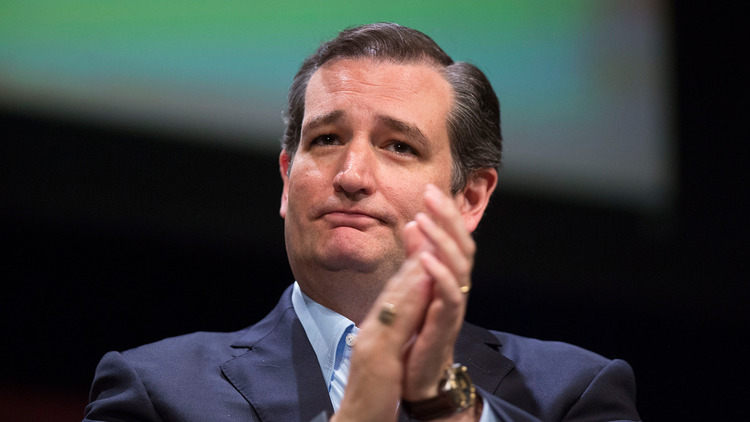Or as Sir Charles Bean points out in his new report, we're richer than we thought and getting ever richer faster too:
Improving analysis of the digital economy could show that Britain’s economy is growing faster and consumers are better off, according to former Bank of England deputy governor Charlie Bean. Bean, who published his government-commissioned review of official economic statistics on Friday, said the U.K.’s growth rate could be between one-third and two-thirds of a percent higher with improvements to data collection.
“Measuring the economy has never been harder than it is today,” Bean told reporters at the Data Science Institute at Imperial College London. While digital activity is clearly adding to the economy, it’s not necessarily being picked up by the current methodologies, he said.
This is something that one of us has been banging on about for some time now. We know, absolutely, that we're not measuring the economy properly. This is also more than just a small statistical quirk too. For there's plenty who keep telling us that the economy is growing more slowly than it did in the past and thus the government must do something. However, if it's simply that we're not measuring growth properly then there is no need to that larger state. And as we say, we know we are measuring it wrongly, we're just not sure how wrongly.
A favourite example is WhatsApp. We have three methods of measuring GDP, production, incomes and consumption and all of them are measured at market prices. WhatsApp is currently free and carries no advertising. Thus it appears not at all in either the production or consumption variants of GDP. The engineers who make it are indeed paid so there's some, what, $50 million? $100 million? appearing in US GDP by the income method. But there's a billion users of the app and people are getting some to all of their telecoms needs from it. And we really cannot say that those billion are all getting only 10 cents of value from their use at most. Ten cents a year that is.
We really do know that we're measuring this digital economy wrongly: our question is how wrongly, not whether. That in turn means we're richer than we think we are and also that we're getting richer faster too.


























